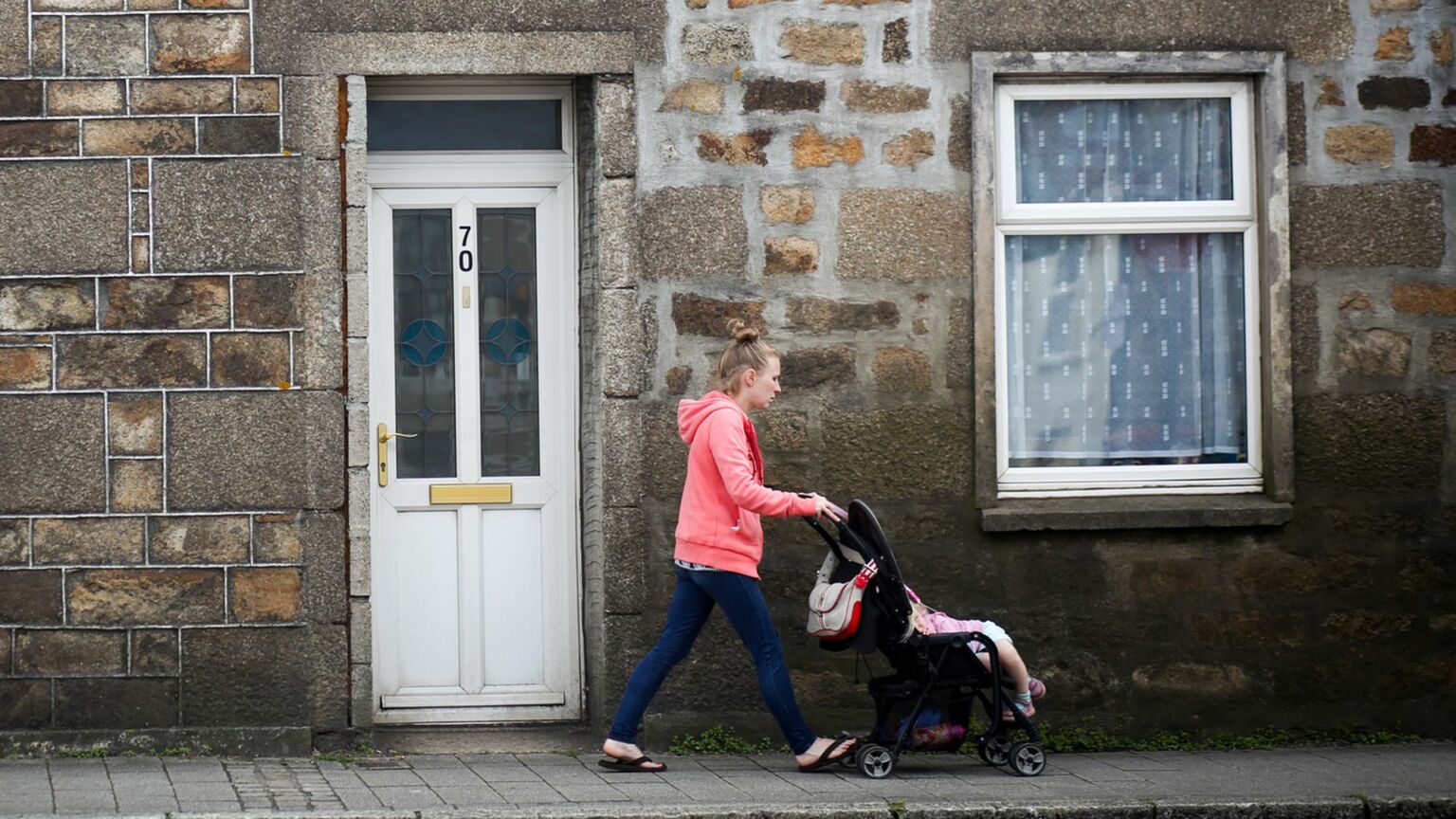The stigmatisation of working-class girls
The supposedly tolerant liberal elite can barely hide its disdain for the lower orders.

Want to read spiked ad-free? Become a spiked supporter.
Time and time again, we see proof that working-class women and girls are one of the least valued groups in society. Earlier this month, the men involved in yet another grooming gang were sentenced in Newcastle. At the centre of this case is a familiar and tragic story of a vulnerable girl being exploited.
Much of the media coverage has centred on one perpetrator in particular. Omar Badreddin is a Syrian refugee who was sentenced to 18 years in prison for raping a 13-year-old girl. The court heard that Badreddin had plied the girl with alcohol and cigarettes before assaulting her. He also tortured her and threatened to kill her and take her abroad.
If this wasn’t bad enough, it emerged that Badreddin was the subject of a 2016 BBC Newsnight documentary. The documentary, ‘To Hell and Back’, focussed on Badreddin and his family as they fled Syria for the UK. Part of the way through the production, however, it came out that Badreddin – then 18 – was in the midst of a criminal investigation for allegedly sexually assaulting a 14-year-old girl. Badreddin was ultimately found not guilty.
Astonishingly, in the documentary, Badreddin smears his accuser as a racist, suggesting she had made up the crime out of a hatred for foreigners. His remarks go unchallenged. A voiceover in the report also implies that this 14-year-old girl was sexually promiscuous, claiming that she was more ‘sexually experienced’ than Badreddin, as if that somehow proves her unreliability. Even after he was convicted for raping a different young girl, the BBC remained unapologetic for its treatment of the previous accuser. We ‘can only report on the facts as they stand at the time’, the BBC said in a statement.
This is sadly typical of the way working-class women and girls are treated in British society. For my 2015 book, Getting By: Estates, Class and Culture in Austerity Britain, I heard from working-class women about the similar kind of disrespect they face on a daily basis. As several women told me, they are seen as ‘slags’, immoral, bad mothers and stupid.
Working-class girls in particular learn at a very young age that they are not seen as worthy of respect or dignity. One woman told me she became pregnant at 14 and, when she sought out an abortion, healthcare professionals treated her with immense cruelty. They even referred to her as a ‘slag’ in a meeting with two senior professionals. Despite her age, no one asked about the man who had impregnated her.
This is the kind of narrative the BBC perpetuated in its documentary about Omar Badreddin, when reporters insinuated that a 14-year-old girl was sexually promiscuous. And it is the same horrid stereotype that allowed the many victims of grooming gangs across the country to go ignored for so long. These girls were dismissed as common, troubled and ‘asking for it’. Their exploitation was seen as almost inevitable and, in many ways, their own fault.
Even those on the left who claim to be in solidarity with the poor and marginalised are unable to shake their prejudices against working-class women. I recently experienced this myself at the hands of none other than the Guardian.
Last month, I featured in a BBC documentary produced for the 40th anniversary of the Miners’ Strike, Miners’ Strike: Frontline Story. I was 16 when my dad went on strike in Nottinghamshire. I wanted to keep telling the story of my community, so I pitched an article to the Observer about the strike. I thought that both my credentials as an academic and my own personal experience would be a welcome change to commentary that is usually dominated by privately educated Oxbridge types. But my pitches went ignored.
Yet last month, I found not only my words but also my image featured in an Observer piece written by Tim Adams. The headline, ironically, includes my own quote: ‘They didn’t understand us at all.’
Adams’s article is supposed to be sympathetic, but ends up being patronising and insulting. He describes me as being ‘open-mouthed’ and ‘home-permed’, reducing me to some stereotype of an older working-class woman, à la Ena Sharples from Coronation Street.
None of this was at all surprising. Often those who want to write about class know nothing about it – only that people like them should do all the writing and talking. Working-class women are rarely allowed to speak for themselves.
Our social attitudes may have changed in the way we see race, gender and sexuality. And yet the disrespect shown to working-class people – and especially working-class women and girls – remains widespread and largely unchallenged. Until we can kill this last acceptable prejudice, we cannot call ourselves a tolerant or progressive society.
Lisa McKenzie is a working-class academic.

Matt Ridley and Brendan O’Neill – live and in conversation
Thursday 21 March – 7pm to 8pm GMT
This is a free event, exclusively for spiked supporters.
To enquire about republishing spiked’s content, a right to reply or to request a correction, please contact the managing editor, Viv Regan.








Comments
Want to join the conversation?
Only spiked supporters and patrons, who donate regularly to us, can comment on our articles.